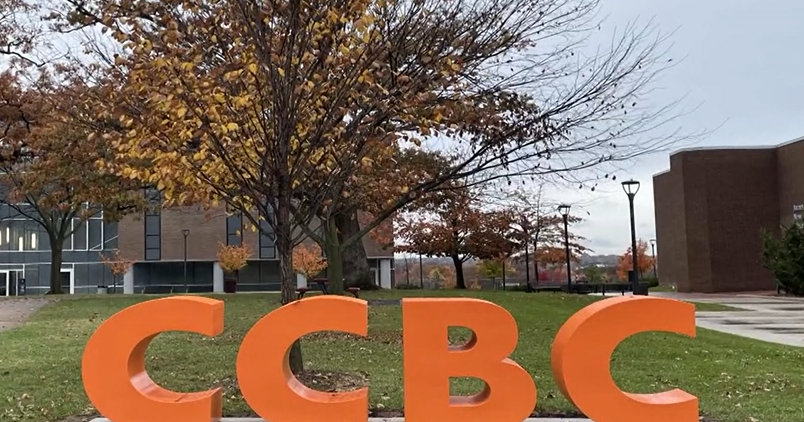How to graduate college without surprise debt
By Brianna McGurran/NerdWallet
It sounds like the plot of a modern-day horror movie: A college student graduates, awash in possibility, only to open a surprise student loan bill and be overcome by panic.
For some, that's not a far-fetched storyline — it's real life. Almost half of first-year college students with federal loans underestimated their debt, according to a 2014 Brookings Institution analysis, with 14 percent saying they didn't know they had debt at all.
Here's how to develop a clear understanding of your loans so you can minimize them while in college and be better prepared to tackle them after graduation.
Pay extra attention to your financial aid 'award'
On colleges' financial aid award letters, it can be difficult to figure out how much of the award is made up of grants that you don't have to pay back, and how much is made up of loans that you or your parents must repay with interest.
When you're first accepted to colleges, use the Consumer Financial Protection Bureau's financial aid offer comparison tool to understand the precise amount you'll have to borrow to attend each school. Note both the total debt and your likely monthly payment after graduation, which can help you gauge your ability to afford rent, travel or grad school later.
"Students sort of sign on the dotted line and don't always fully grasp exactly how much they're borrowing," says Ben Barrett, education policy program associate at New America, a think tank.
Remember that you can accept less loan money than the school has offered if, for instance, your living costs end up lower than what the school has estimated.
Audit your debt annually
The borrowing likely won't end after freshman year. Keep tabs on your accrued federal student loan debt by viewing your balance in the National Student Loan Data System at least once annually. If you have private student loans in your name, they should appear on your credit report. You're entitled to a free credit report once per year from each of the three main credit bureaus via annualcreditreport.com.
Building debt awareness can make a big difference in future borrowing. Indiana University sends students an annual debt letter listing how much money they've borrowed to date and their projected monthly payments after graduation. It also offers one-on-one financial education. Since those initiatives began in 2012, student loan borrowing at the school has declined by $98.7 million, or 15 percent, according to Phil Schuman, director of financial literacy at the university.
Pay off interest when possible
Even after understanding how much you've borrowed, accrued interest can push that amount to new heights. Unless you have subsidized loans from the federal government, interest will start adding up as soon as you begin school and continue throughout your six-month grace period after graduation.
If you're earning money while in college, try to pay off the interest each month as it accrues. Or put a manageable, flat monthly amount, like $20, toward your debt. That will remind you it hasn't gone away, and you'll reduce the amount you owe in the future.
If making payments while in school is impossible, you can pay off the accrued interest during your grace period. That will prevent interest from capitalizing, or being added to your loan balance, which requires you to pay off even more debt.
Work — and allocate those earnings wisely
If you have a job while taking classes, Schuman suggests working with a goal in mind: Use money from work during the school year for lifestyle expenses, like food and entertainment. Send summer job money to tuition and getting ahead of your debt.
"By doing that, you're giving each dollar you make a purpose," Schuman says.
Try to work no more than 15 hours per week, he says. That'll help you develop the skills to balance multiple commitments, but likely won't force you to graduate later and potentially take on more debt.
You don't have to avoid student debt at all costs, but consider the reality of taking it on.
"For many it's the right answer," Barrett says, "as long as they're being prudent and aware."



